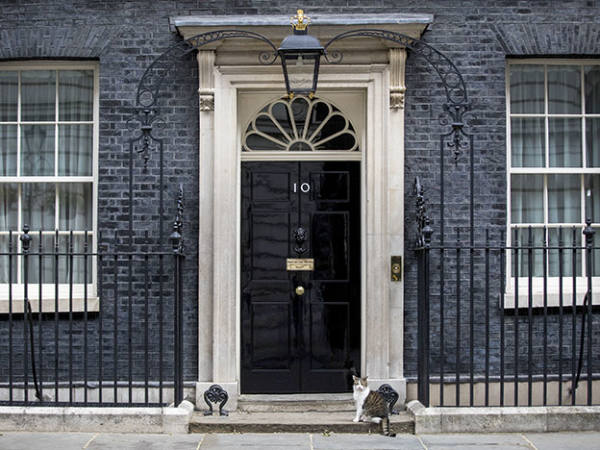Several points jumped out of the Sunday Times’ latest bleak report into the cladding scandal. The first is the human impact. Four years after the Grenfell Tower fire exposed the shocking state of building materials standards, the disaster’s largest legacy appears to be life-destroying bills for hundreds of thousands of flat-owners. Often, the repair fees quoted are larger than the sums paid for properties, pushing many to the brink of bankruptcy.
Another is the profound injustice. Current law states that property developers are only liable for defects found within six years of construction, which is as good a ‘get out of jail card’ as executives could hope for.
Then there is the sheer scale. While £5.1bn of taxpayer money has been earmarked for works on apartment blocks over 18 metres, leaseholders will still be on the hook for a third of costs. Worse, blocks below 18 metres are excluded from the fund.
With up to 1.3m homes affected, it is unsurprising flat sales are in decline. Until liabilities can be properly assessed, valuations are essentially meaningless.
Of course, leaseholders were never informed of the liabilities they must now swallow. It’s an instance of industrial-scale mis-selling that echoes the payment protection insurance (PPI) scandal, in which banks routinely obscured or hid commission fees on policies.
Ten years ago, Lloyds (LLOY) broke ranks with peers by proposing a PPI settlement that eventually cost the sector £38bn. Are housebuilders at a similar tipping point? Large developers including Persimmon (PSN) and Taylor Wimpey (TW) have so far committed around £500m to fix legacy properties. Barratt Developments (BDEV) has gone further by buying back faulty flats and proposing a developer levy.
This still might be just the start, amid calls for developer liability to be extended back decades and retrospectively enforced. After a long gravy train, housebuilders' shares may yet start to resemble UK banks’ missed decade.











